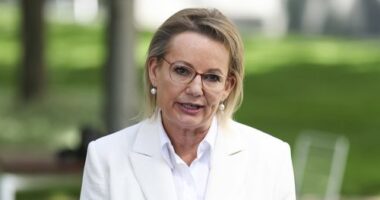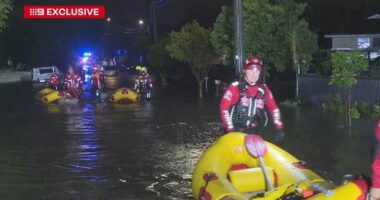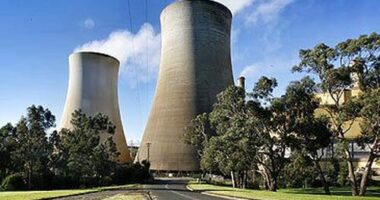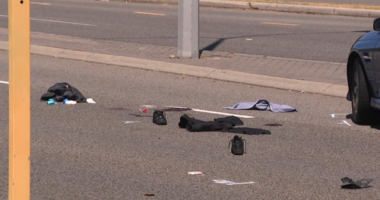Share this @internewscast.com
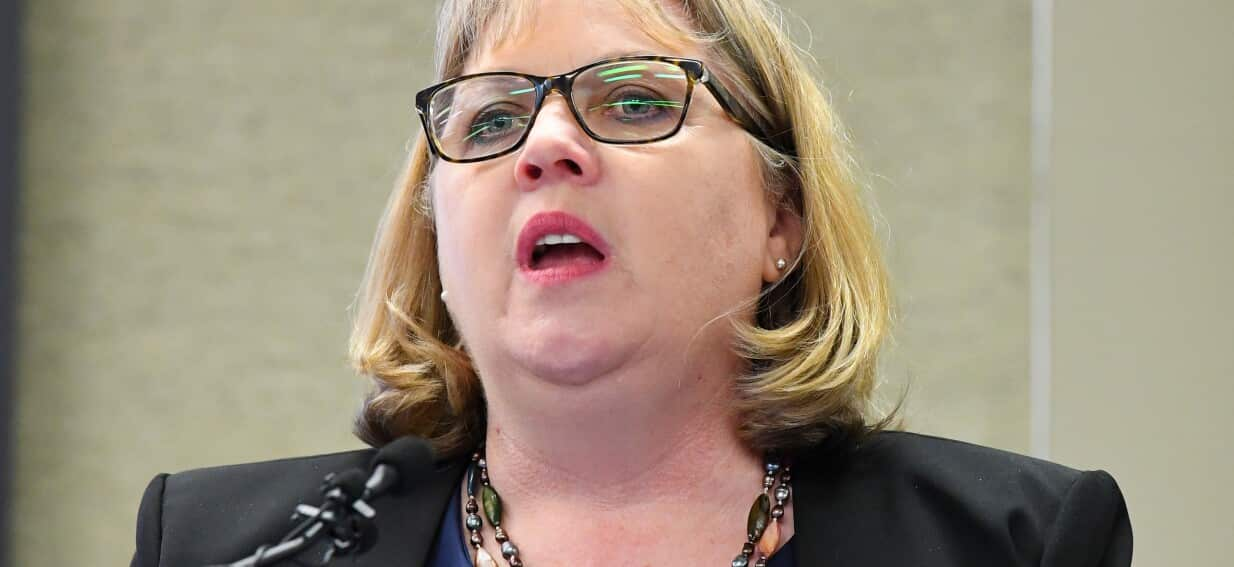
Many teachers are unsure how to handle conversations about global conflicts in class, according to the Australian Education Union (AEU), which says educators needs better support to guide students through such complex and emotionally charged issues.
In a statement on Friday, AEU federal president Correna Haythorpe said what the impacts of the the union described as the “ongoing genocide” in Gaza are being felt in Australian schools.
Israel has repeatedly denied accusations of genocide in its bombardment of Gaza which came after 7 October 2023 when Hamas, rulers of the Palestinian enclave, launched a surprise assault on southern Israel — a major escalation in a long-standing conflict that sparked the ongoing Hamas-Israel war.
More than 1,200 people were killed in the October 7 attack and some 250 were taken hostage, according to Israeli tallies. More than 54,000 Palestinians have been killed in Israel’s subsequent military campaign, according to Gaza health authorities.
“Teachers are reporting increased tension and distress among students. Our members are supporting students from Palestinian, Jewish, and other backgrounds, including refugees, who are grieving, angry, confused or afraid,” Haythorpe said.
“The ongoing genocide has inflicted indescribable trauma on the children, families, and educators in Gaza. The AEU expresses solidarity with the teachers, students, and education unions in Palestine.”
The AEU said it urgently called on education ministers and education departments across the country to provide clear, consistent guidance for teachers about how to discuss global conflicts — particularly the war in Gaza — to support students, and ensure that schools remain safe, inclusive and respectful places for all.
“Right now, teachers are having to help students make sense of complex, confronting global events, often without the resources or professional guidance needed,” Haythorpe said.
“They are trying to teach empathy, critical thinking, and civic understanding in a deeply polarised climate, where even raising these issues can attract scrutiny or backlash, from the public, from parents and from education departments.”
The AEU emphasized the urgent requirement for practical classroom resources, such as sample lesson plans that offer diverse viewpoints, and professional development that aids teachers in addressing sensitive topics in a trauma-informed and developmentally suitable manner.
The statement highlighted the urgency of clear protections in place for staff who facilitate respectful and curriculum-linked conversations about the conflict, particularly those who may fear backlash or disciplinary action for engaging with controversial or emotionally charged issues.
“Australian teachers must be given the professional trust, support, and protection they need to teach with courage, care and conscience,” Haythorpe said.
SBS News has contacted the federal Department of Education for comment.
The AEU statements follows reports that teachers from several public schools in Western Australia would call for more clarity on what they can and can’t teach students about the Hamas-Israel war.
The issue was on the agenda of the State School Teachers Union’s biannual state council to be held on 13-14 June, The West Australian newspaper reported in late February.

